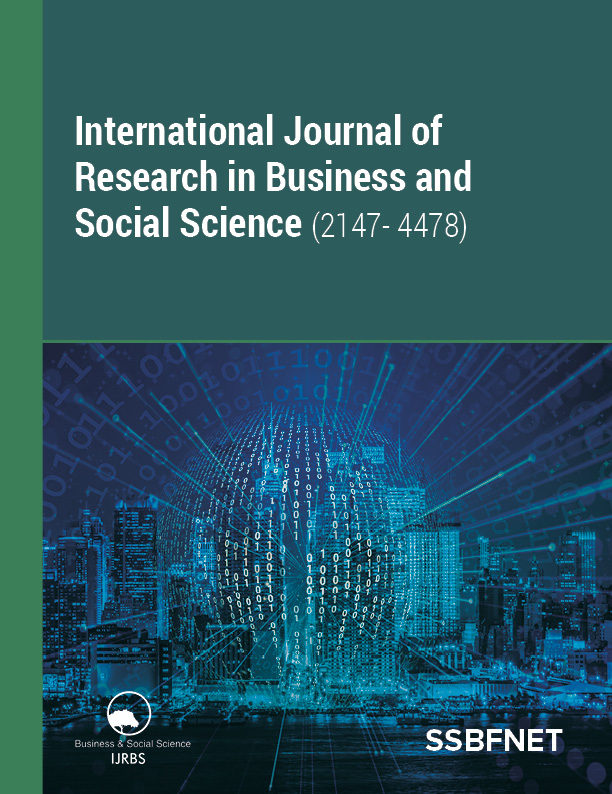
International Journal of Research in Business and Social Science
Yazarlar: Emmanuel Kwesi Arthur, Salome Mwongeli Musau, Festus Mithi Wanjohi
Konular:-
Anahtar Kelimeler:Remittance channels,Financial Inclusion,Kenya
Özet: In the current dynamic world, those with no or little access to key financial products and services suffer a great deal of disservice. This study examines the effect of remittance channels (commercial banks and alternative sources) have on financial inclusion and then check the moderating effect of money remittance regulation on the relationship between the remittance channels and financial inclusion in Kenya. It uses the World Bank and Central Bank of Kenya’s dataset on remittances and financial inclusion covering the period from 2009 to 2018. We estimate our model using the Ordinary Least Square assumptions to find the association. We find that remittances from alternative channels other than commercial banks influence financial inclusion in Kenya. We further notice that the money remittance regulations have no moderating effect on the relationship between remittance channels and financial inclusion in Kenya. Our results suggest that commercial banks are not able to appropriately sell their products and services to remittance-receiving households while fintech and other internet remitting service providers seem to roll on products and services that enhance the use of savings and credit facilities. We suggest that more avenues and policies should be enacted to foster the use of alternative sources while improving structures within commercial banks to empower financial inclusion in Kenya